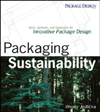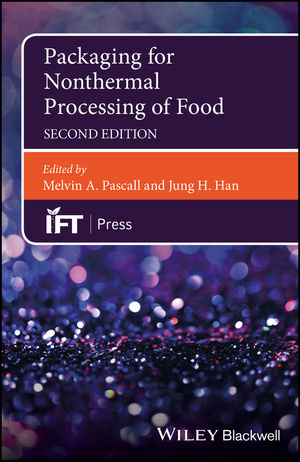Flexible Packaging recently caught up with Roman Barski Jr., Kuraray America’s senior director of sales, for an overview on how Kuraray resins and raw materials are continuing to impact the packaging industry.
Q: What’s new with resins/raw materials as it pertains to flexible packaging?
A: Plantic is a new bio-based barrier polymer system. Specifically, Plantic is a corn-based, high-gas barrier polymer that is biodegradable. Recently, we have introduced a flex crack-resistant grade of EVAL EVOH for demanding high-abuse applications. In addition, we are working on a series of new high-barrier polymers that will replace halogenated polymers in flexible packaging.
Q: How does your company adapt to the always changing needs of your customers when it comes to resins/raw materials?
A: Kuraray invests heavily in R&D to stay ahead of the technology curve in polymer science. The corporation invests about 4 percent of its net sales into R&D. Kuraray also has a dedicated New Application Development Team that investigates future customer needs and develops solutions to address those needs.
Q: What’s your company’s most popular product in this category? Why is this particular product preferred?
A: Our most popular product in flexible packaging is EVAL EVOH. EVAL is an ethylene vinyl alcohol copolymer that provides excellent barrier properties against the permeation of various gases. Because EVAL resins block oxygen, it protects a broad range of foods and beverages. In addition, EVAL resins have a number of non-food applications in the pharmaceutical, medical, automotive and cosmetic markets.
Q: How important is sustainability when it comes to the development of resins/raw materials?
A: Sustainability – both in the materials we produce and how we produce them – is the cornerstone of our innovation practice. We are always looking to partner with customers, suppliers and machine manufacturers to create open innovation-driven solutions that better our environment and enhance the quality of life for all. We have had great success in recent years with looking at non-petroleum derived feedstocks across various parts of our business, and will continue to explore and push boundaries in the polymer business.
Q: What do you foresee as the future of this aspect of the packaging field?
A: Sustainability will continue to be an ever more important aspect in packaging.












